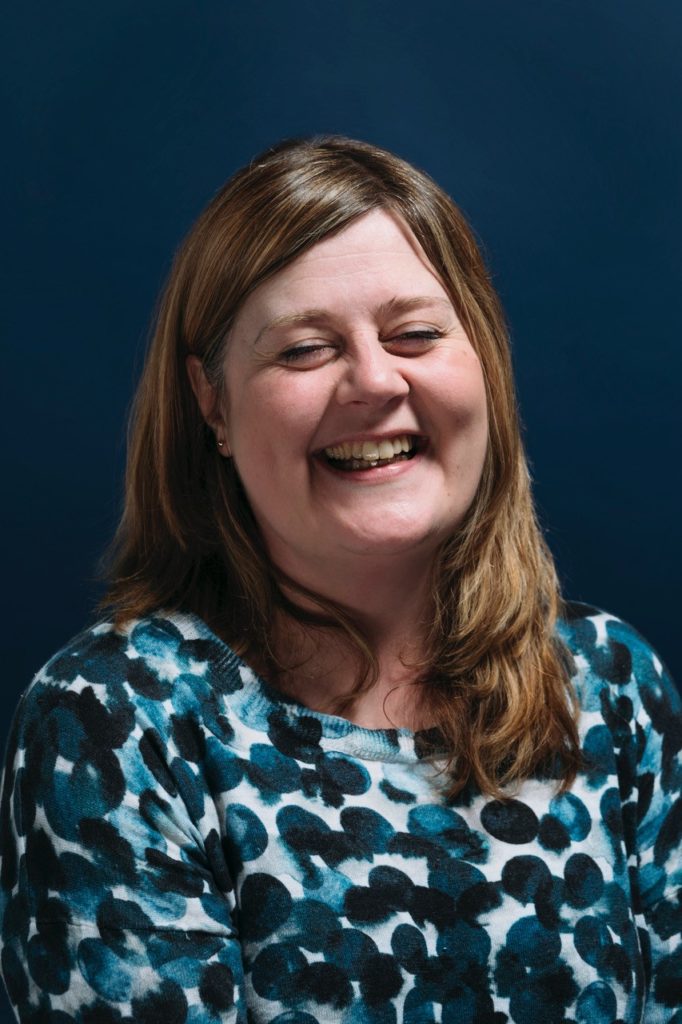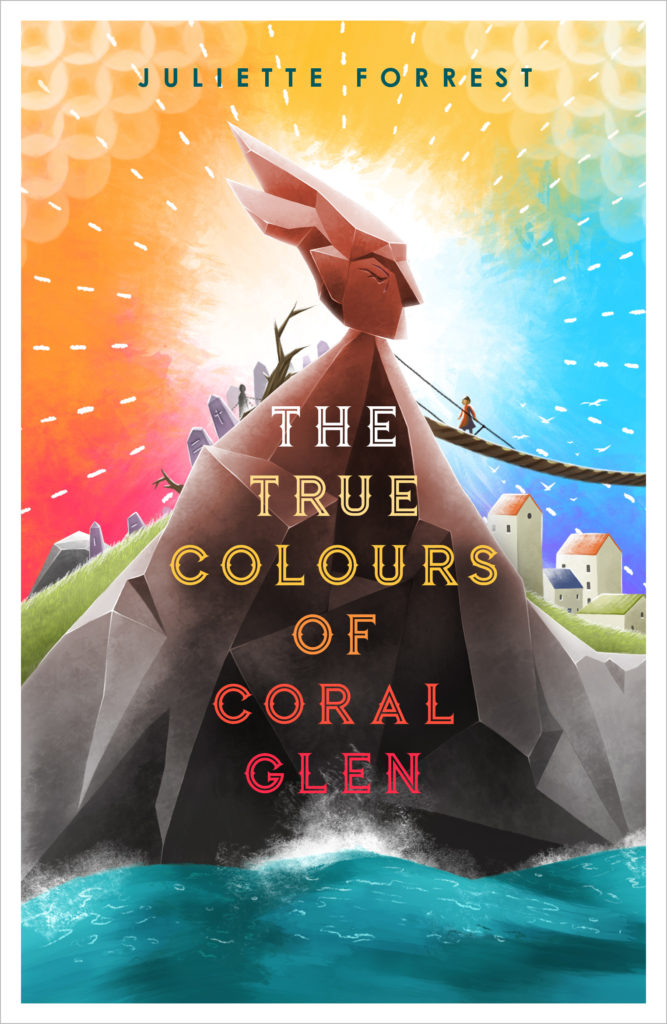 My writing journey began quite late. After I left school, I moved to London and worked as an art director in advertising. It was years later, during an evening class at Glasgow School of Art, that it finally dawned on me I was awful at life drawing. So, I gave it up to attended my first writing class on a Saturday morning at Glasgow University. I wrote a piece for the group and the teacher suggested I could have the beginnings of a children’s book. I thought he was bonkers – but decided to give it a go. When I won a New Writers Award from Scottish Book Trust in 2014, everything changed. They gave me a bursary, a mentor, time away at a retreat, social media training and voice coach sessions. It was their belief in me that spurred me on to finish my first book, Twister, which was published by Scholastic in February 2018. It was a Sunday Times Book of the Week, The Guardian’s ‘must-read’ kid’s book of the summer and won the Calderdale Book of the Year Award 2019. I’ve just finished as Writer in Residence at All Saints Primary in Greenock and my second novel The True Colours of Coral Glen launches on July 4th.
My writing journey began quite late. After I left school, I moved to London and worked as an art director in advertising. It was years later, during an evening class at Glasgow School of Art, that it finally dawned on me I was awful at life drawing. So, I gave it up to attended my first writing class on a Saturday morning at Glasgow University. I wrote a piece for the group and the teacher suggested I could have the beginnings of a children’s book. I thought he was bonkers – but decided to give it a go. When I won a New Writers Award from Scottish Book Trust in 2014, everything changed. They gave me a bursary, a mentor, time away at a retreat, social media training and voice coach sessions. It was their belief in me that spurred me on to finish my first book, Twister, which was published by Scholastic in February 2018. It was a Sunday Times Book of the Week, The Guardian’s ‘must-read’ kid’s book of the summer and won the Calderdale Book of the Year Award 2019. I’ve just finished as Writer in Residence at All Saints Primary in Greenock and my second novel The True Colours of Coral Glen launches on July 4th.
What is your process?
I tend to work quite early in the morning because there are fewer distractions. I think one of the most positive influences on my writing process is my dog. He won’t let me sit at my laptop for too long and walking him gives me the space to work out plot or dialogue. Plus, I meet colourful characters in the park, who always make their way into my novels.
Do you plan or just write?
I use my synopsis as a guide and think carefully about what needs to happen to drive the story forward. I let it rattle around inside my head for a while, so I can tinker around with it and explore different options. It helps for me to imagine the story as a film playing out – so I tend to visualise each chapter before I begin writing.
What about word count?
Some days, I don’t seem to be able to write much at all, and others, I can whizz through entire chapters. I don’t adhere to a strict daily word count for this reason. If it’s not happening, I never berate myself, but turn my attention elsewhere for a while. There is always something to be getting on with like research or answering children’s letters.
What do you find hard about writing?
I’m often convinced I’ve got a great plot idea and I’ll spend ages working on it, only to discover at the very last minute that it’s flawed. I find this frustrating – like it is precious time wasted. However, I do believe it’s good to go down the wrong path because when you eventually hit the right one, you feel confident the story is the very best it can be.
What do you love about writing?
I absolutely love creating characters. There is one I’m working on for my next book who is going to be so much fun to spend time with. It’s brilliant when a character comes alive and tells you what is going to happen next. If you’re surprised, you can be sure the reader will be too. The next best thing about being a children’s author is chatting with the kids at events. It makes all the blood, sweat and tears worth it.
Advice for other writers?
I think it’s important you always celebrate when good things happen with your writing because any achievement in this industry is huge. And I firmly believe there is no genius except for the genius of hard work.
Published on 4th July.

